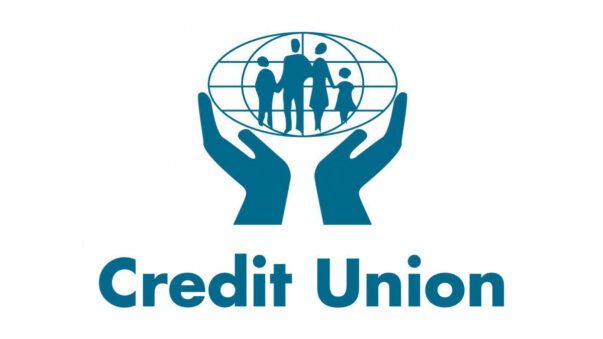‘Super’ Credit Unions Poised to Challenge the Traditional Irish Banking Sector
Irish credit unions are joining forces as they aim to take on the big banks.

The Irish banking sector has undergone significant change in recent names. Big names, such as Ulster Bank and KBC have left the sector, while newer alternative platforms and fintechs, such as Revolut, are growing fast. However, Ireland’s credit unions, once perceived as smaller, community-focused alternatives to mainstream banks, are now consolidating with the emergence of the first so-called ‘super’ credit unions. Given their reputation for exceptional customer service, this trend envisages a potential shift in the balance of power within the Irish financial sector. Are traditional banking institutions facing a formidable new competitor?
Taking on the banks
In the past, credit unions often existed to provide accessible basic financial services to communities perhaps underserved by larger banks, but were constrained by regulatory burdens that prevented them from providing a wide range of services to meet member needs.
All that has changed with the Credit Union (Amendment) Act 2023. Now that credit unions can offer more services to compete with traditional banks, mergers and consolidations have taken place to create bigger asset bases to allow credit unions to do just that. At the same time, these new players are investing in the latest technologies to help them compete with the larger market and secure broader geographic reach. Consolidation has meant that the number of CUs in the state has fallen to 183 in September 2024 from 428 at the end of 2006.
Growing assets and services
In April, two major credit unions said they were planning a merger, in a move that will create the largest lender in the sector. Progressive Credit Union in north county Dublin and Drogheda Credit Union are in talks to create a entity with a combined asset size of €615 million and 120,000 members.
Easing restrictions has already led to credit union lending to rise 12%, helped, according to the Central Bank, by mortgage lending. House lending rose 47% year-on-year. In December, the Central Bank proposed giving credit unions additional lending flexibility that would treble the sector’s capacity for mortgage and business lending.
With the right technology, credit unions will thrive
Credit unions now have much more to offer their members while retaining strong ties to their communities. This trust, loyalty and superior customer service is something that larger, more impersonal banks find difficult to replicate. Of course, that also means upgrading infrastructure to meet the demands of being a larger, more complex, organisation, providing excellent customer service across a wider network and fulfilling the same compliance requirements as traditional financial institutions.
If credit unions can do this, they will become a new force in the Irish banking sector; sophisticated entities capable of providing a genuine alternative to traditional banks with competitive products and unrivalled customer service.
To discover how DigitalWell can help your credit union compete and succeed in an evolving marketplace, contact one of our credit union specialists.


